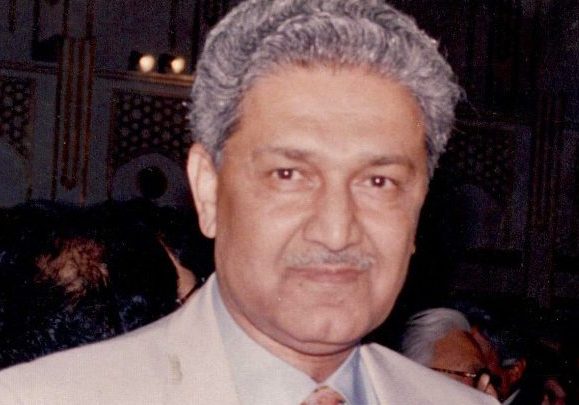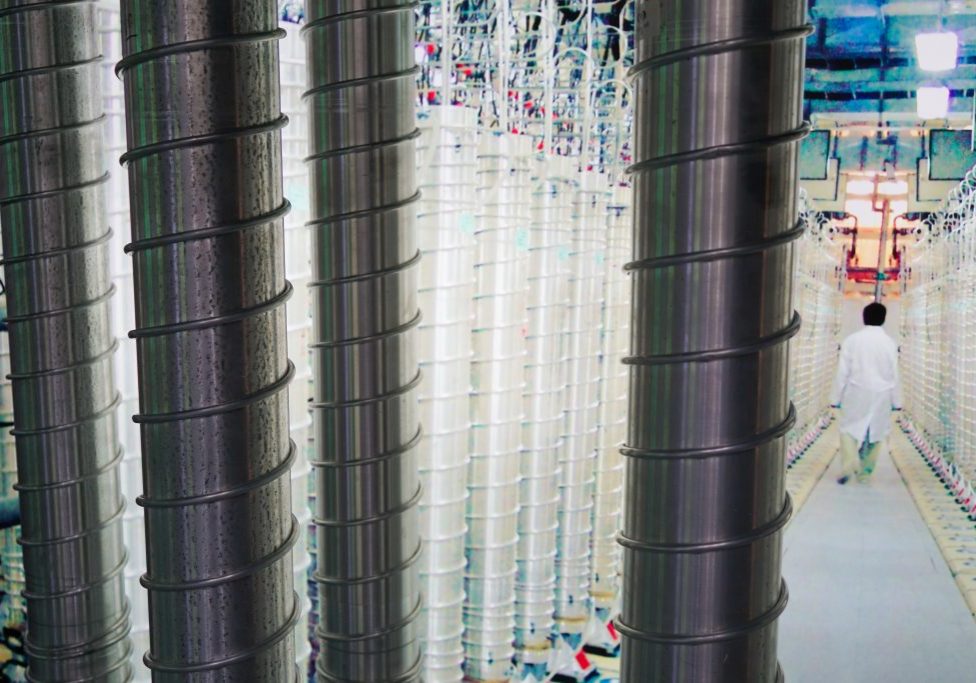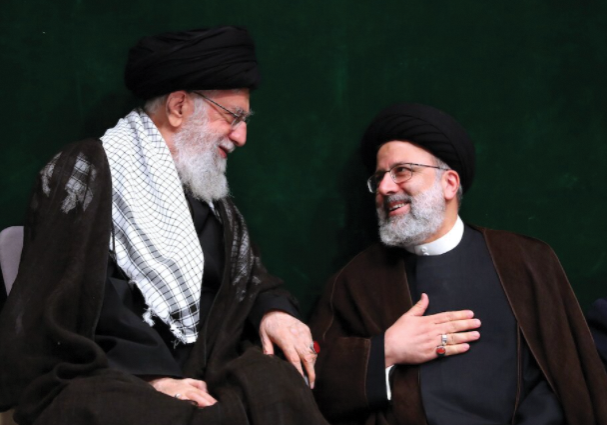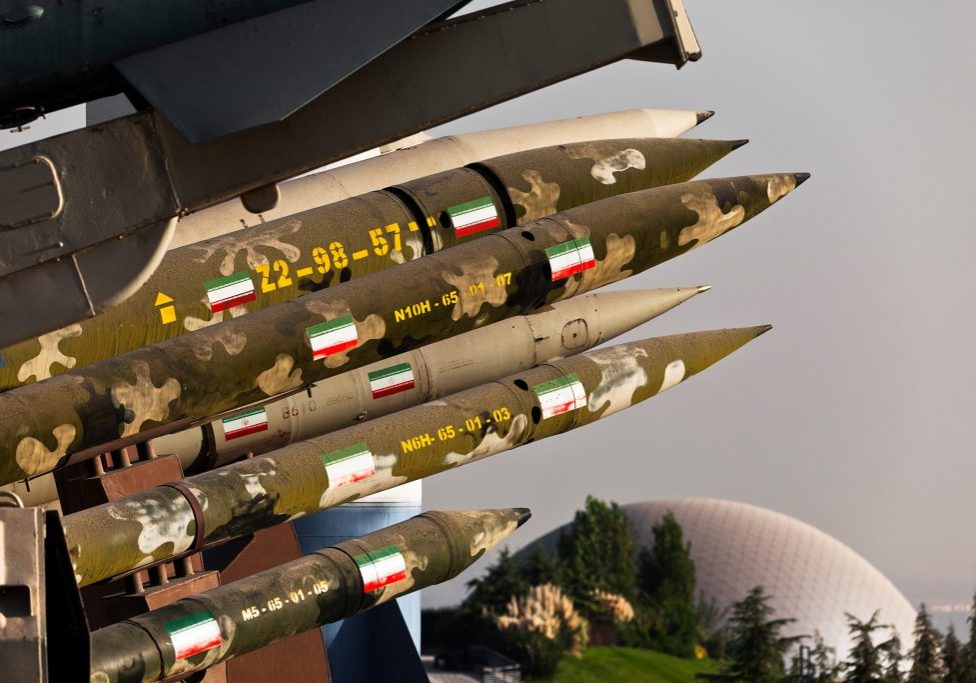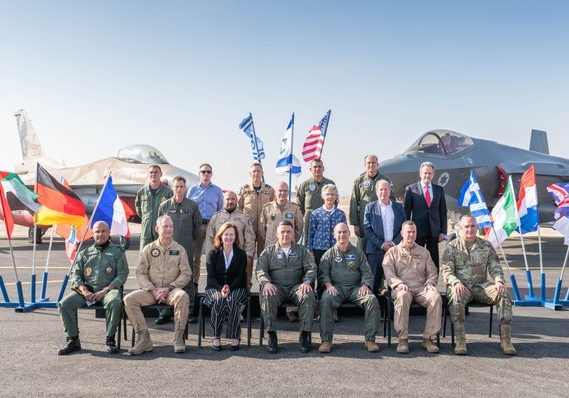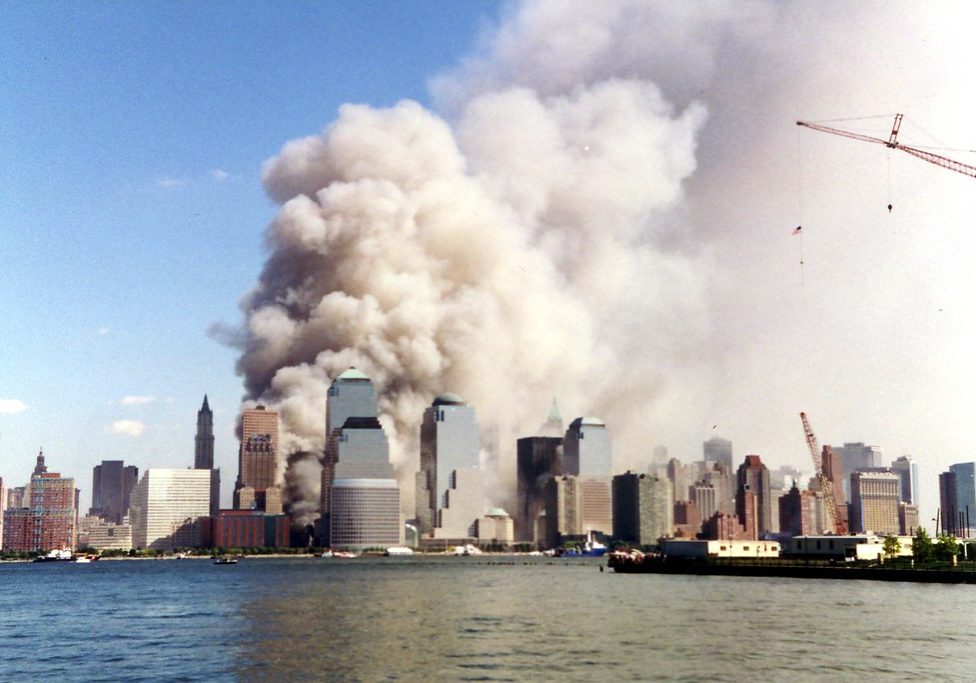Australia/Israel Review
Iran negotiations that matter
May 29, 2012 | Reuel Marc Gerecht
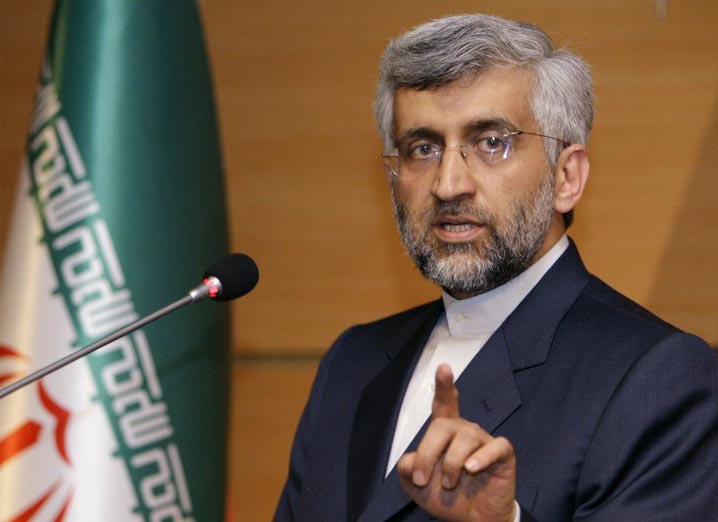
Reuel Marc Gerecht
Since we don’t know what Saeed Jalili, Iran’s chief nuclear negotiator, said at the recent late April confab in Istanbul, we can’t be sure that Israeli Prime Minister Binyamin Netanyahu was right to dismiss that pow-wow as a “freebie” for Teheran. Also, the Islamic Republic is a theocracy: The most senior officials need to report face-to-face to their master. Jalili, an ill-tempered, narrow-minded, one-legged veteran of the Iran-Iraq war, lost face after a disastrous meeting in Geneva in October 2009, when he tentatively agreed to a nuclear-fuel swap, only to see the Supreme Leader, Ali Khamenei, bat the deal down from Teheran. And so another get-together is scheduled for May 23 in Baghdad.
The odds are high, however, that the next session will lead to no diplomatic yellow-brick road. Round two could be a success, and lead to a round three, if Khamenei agreed to do five things: (1) Stop all uranium enrichment to 20% purity, which is near bomb-grade; (2) ship abroad the entire stockpile of 20% enriched uranium; (3) close the Fordow enrichment facility, which is buried under a mountain near the clerical city of Qom; (4) allow inspectors from the International Atomic Energy Agency (IAEA) immediate and unfettered access to any suspected nuclear site; and (5) permit the IAEA to install devices on centrifuges for monitoring uranium-enrichment levels. Khamenei is, to say the least, unlikely to agree to this.
It’s worth stressing that it is a serious mistake to allow Khamenei and his Revolutionary Guards, who oversee terrorist operations and the nuclear program, any domestic enrichment capacity. This was the position of the Obama Administration and our Western European allies. Now that consensus has apparently collapsed because Iranian agreement seems impossible. Khamenei’s determination to keep advancing uranium enrichment despite increasingly severe sanctions has paid off.Teheran has enough low-grade, 3.5% enriched uranium stockpiled to produce at least one, soon two, nuclear weapons. It also has a 163-pound stockpile of 20% enriched uranium. As Oli Heinonen, the former Deputy Director-General of the IAEA, has pointed out, mastering 3.5% enrichment is 70% of the way to mastering the fuel cycle for an atomic weapon. Twenty percent enrichment is 90% of the process.
As of February, Iranian centrifuges were producing 256 pounds per month of 3.5% enriched uranium and 15 pounds per month of 20% enriched uranium (the Fordow facility accounted for 9.5 pounds of this total). The Iranian regime had 8,800 centrifuges spinning at Natanz and 696 at Fordow. Once the Islamic Republic can produce 44 pounds of highly enriched uranium per month, which is not that far off given the increasing rate of production, the Supreme Leader and his guards can have a nuclear weapon in their hands in as little as 43 days, provided Iran’s nuclear scientists have mastered the manufacture of a nuclear trigger (technically much less difficult than enrichment). Per the IAEA’s most recent report, “information indicates that Iran has carried out activities relevant to the development of a nuclear explosive device.” In other words, Khamenei will win his race for a nuclear weapon unless something dramatic intervenes to stop him.
The best that can be hoped from another round of negotiations with Teheran is that Khamenei is hooked into a process that enfeebles him. The cleric has consistently avoided any meaningful embrace of the negotiating process because he sees it as dangerous, a slippery slope where the Americans and Europeans dictate limitations on his nuclear program. Many American critics of negotiations have seen this process as the reverse, a slippery slope that has Western diplomacy enabling the Islamic Republic’s nuclear ambitions.
There is certainly a risk that continuing these negotiations puts Israeli Prime Minister Bibi Netanyahu and Defence Minister Ehud Barak into a real pickle, since it’s more difficult for the Israelis to make the case for bombing Iran’s nuclear sites while the negotiations are going on. Nonetheless, the Israelis need to decide whether a preventive attack on the Islamic Republic can work. Their internal deliberations should not be constrained by a false promise of a diplomatic solution. Moving forward with negotiations now is actually more likely to free the Israelis to act later this year, if they choose to, than to entrap them.
Americans, too, need to have an honest debate about whether they are willing to permit Khamenei and the Revolutionary Guards – the principal state sponsors of terrorism in the Middle East, whom the Obama Administration has increasingly nailed for their operational relationship with al-Qaeda – to develop atomic weapons. We are fortunate that the nuclear timeline overlaps well with the 2012 US presidential campaign: It’s the ideal moment for a ripping discussion about probably the most momentous foreign-policy question before the US.
The above five requirements – nearly identical to the reported minimum requirements of the White House – ought to clarify where we are after May 23. These conditions will be extremely difficult for Khamenei to accept because they are so humbling.
Shuttering the Fordow facility, which Iran’s state-controlled press has reported on with pride, would be gut-wrenching for the Supreme Leader. It’s likely that Khamenei wants to build more Fordow-like facilities – bomb-resistant sites that signal spiritual resistance to the West. President Mahmoud Ahmadinejad’s boast that Iran intends to open ten more enrichment facilities no doubt was hyperbolic, but the sentiments clearly reflect Khamenei’s disposition.
Even more galling and dangerous, UN inspectors under this agreement would have the right to fan out across the country hunting for suspicious nuclear activity. The IAEA’s Additional Protocols, to which Khamenei would have to assent, are intrusive and would allow inspectors access to Iranian military and Revolutionary Guard bases. No doubt, the Supreme Leader and his guards could still cheat (they have lied about the nuclear program from the beginning). Iran is a big country. Satellites and other technical means of observation can only do so much. The regime is surely working clandestinely to perfect more advanced centrifuges that could be hidden in smaller buildings and underground facilities.
Nevertheless, the odds are decent that these inspectors would catch the regime in its big lie about the “peaceful” intent of the program.
But what if the Iranians accept all of the demands? Could we still be staring at an Iranian nuke, just delivered at a slower pace? It’s possible. If Ali Akbar Hashemi Rafsanjani, the former major-domo of Iranian clerical politics and the true father of the Islamic Republic’s nuclear-weapons program, were still in charge, we’d likely be enmeshed in the rope-a-dope tactics that he successfully used against the trade-happy Europeans in the 1990s. But we’re not confronting Rafsanjani, who was purged after the crackdown on the Green Movement in 2009. Moving forward with negotiations now is much more likely to expose the Supreme Leader’s intransigence than entangle America (and Israel) in a pointless, lengthy diplomatic dance.
Senior officials in the Obama Administration probably have few illusions about Iranian mendacity. The last three years have been an education: Candidate Obama and lots of Democrats believed that President Obama could transform American-Iranian relations. But Ali Khamenei has tried hard to show that George W. Bush was not the problem. Although it’s dangerous to suggest that diplomacy with the Islamic Republic has just about run its course (for die-hard diplomats, the process never ends), it’s going to be challenging for the Administration to pretend that sanctions-backed diplomacy can work given the increasing enrichment at Natanz and Fordow. If the Israelis decide to strike, the President will be hard pressed not to back them, as he promised to do in his speech to the American Israel Public Affairs Committee. The collapse of the negotiating process most likely will not provoke the White House to do anything more bellicose, but it will at least get us talking seriously, at last, about the nature of the Iranian regime and how best to deal with it – and how to help Israel deal with it, if Israel feels it must act. That would be an enormous step forward.
Reuel Marc Gerecht is a senior fellow with the Foundation for Defense of Democracies and is the author of The Wave: Man, God, and the Ballot Box in the Middle East (Hoover Institution Press, 2011), Know Thine Enemy: A Spy’s Journey into Revolutionary Iran (Farrar, Straus & Giroux, 1997) and The Islamic Paradox: Shiite Clerics, Sunni Fundamentalists, and the Coming of Arab Democracy (AEI Press, 2004). © Weekly Standard, reprinted by permission, all rights reserved.
Tags: International Security

